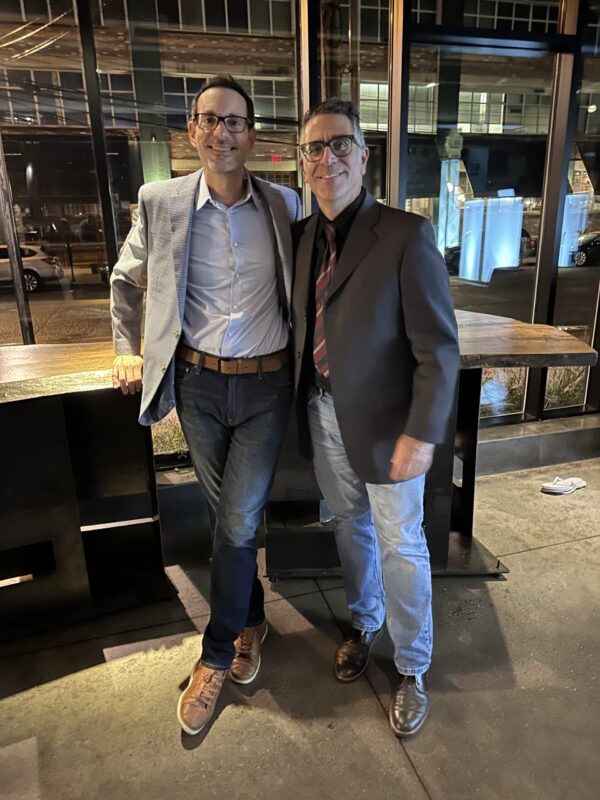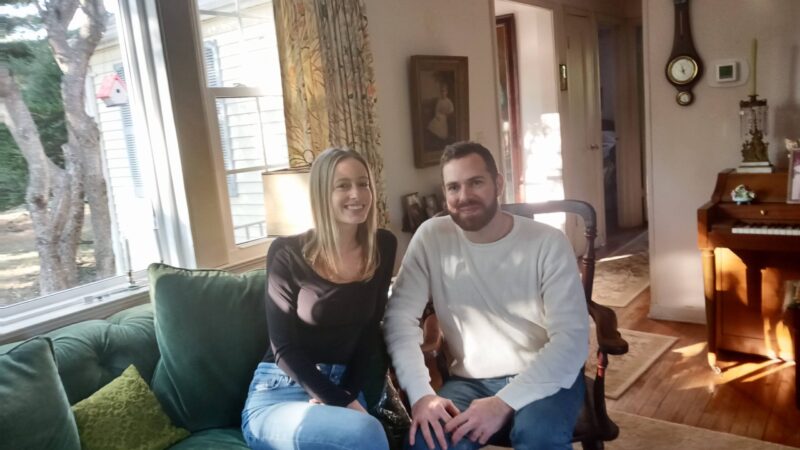
COTTAGE ENVIRONMENT: An aerial view of the grounds at the Meadows of Lawrence.
By Jean Stratton
Helping to care compassionately for an older person. Cooking something that she or he would like to eat. Helping them to put on a shirt or sweater that won’t irritate thinning skin. Trying to think of something that might make them laugh. Sharing a story.
All ways to treat someone with dignity and respect, and all important values at The Meadows at Lawrence, emphasizes Daisy Newson, director of community relations.
“The well-being of our residents is our NO. 1 priority,” she explains. “We are based on the Greenhouse Model. This includes individual cottages, a low population, and a higher staff-resident ratio. We provide people with all levels of care here; a nurse is on-site 24/7, with a nurse station in each cottage, and a doctor comes every day. And all the food is cooked right here. Everything is baked fresh, and all dietary needs are accommodated.”
The Meadows at Lawrence, which is affiliated with the Lawrence Rehabilitation & Healthcare Center, opened in 2015 at One Bishops Drive in Lawrenceville. It is set apart from most long-term health care facilities because of its cottage environment, offering a more home-like atmosphere. Its six cottages are each home to 10 residents, and all are fully staffed with aides to help each individual as needed. more




